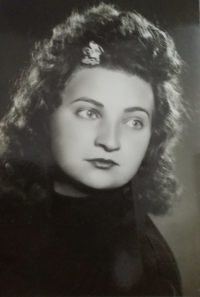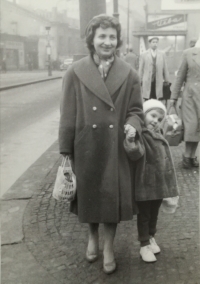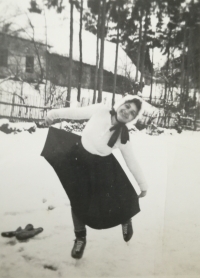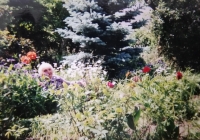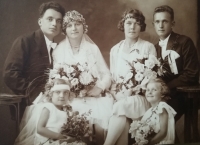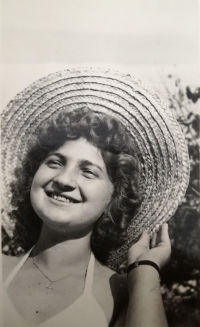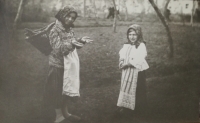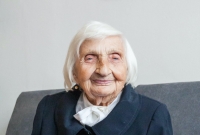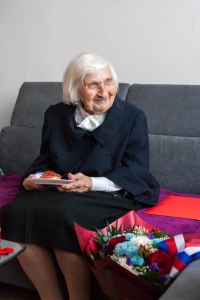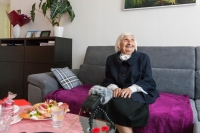My part was to deliver orders to the boys who were shooting

Stáhnout obrázek
Marie Dubská was born on 26 October 1921 in the village of Zběšice, near Bernartice in South Bohemia, and grew up in nearby Srlín. In September 1937, she went to a convent school in the border-town of Poběžovice. Even the girls from the convent school couldn´t avoid the nationalism-fueled conflict between Czech and Germans – in May 1989, Marie reported at the local police station that in the convent anti-Czech leaflets spreading vitriolic hate are being distributed. In September 1938, she joined protests against surrendering the border regions to Germany. She joined the resistance during the war, serving as a messenger and distributing leaflets. During the Prague uprising, she was among the fighters trying to capture the Old Town City at the Old Town Square (Staroměstské náměstí) in Prague (Praha). From May 6th to May 8th 1945, as part of the ‚Matylda‘ squad stationed in the City Hall, she resisted Nazi troops storming the building. She delivered orders, tended the wounded and maintained the rear for the men who were fighting. She left the burning ruins of the City Hall only after the final capitulation of the Nazis. On May 10th 1945, she received a certificate that she was a „fighter of the Revolutionary Guard - Matylda Attack Company“. Soon after the war she went to join a theatre group in Náchod - even during the war she performed with amateur actors and wanted to devote herself to theatre. She stayed in Náchod for two years, but in February 1948 she was already in the Prague with Friends of Lusatia Society, which sought to annex the historical territory of Lusatia (Lužice) to Czechoslovakia. After the communist takeover, she organized theatre and social life within the Revolutionary Trade Union Movement. In 1955, she had a daughter and later worked at the Central Committee of the Czechoslovak Union of Physical Education. At the time of filming (November 2021) she lived in Prague.
